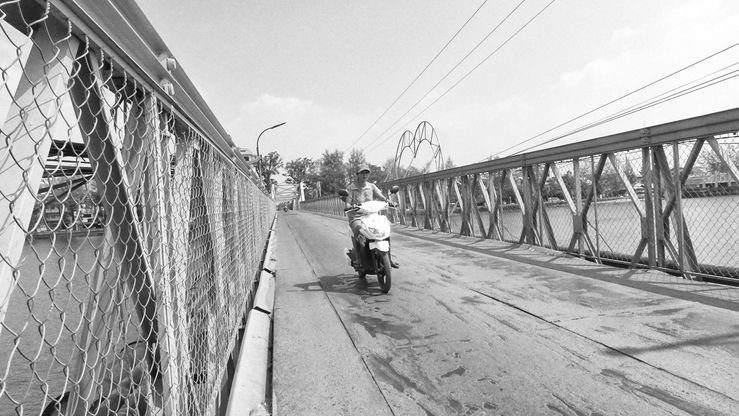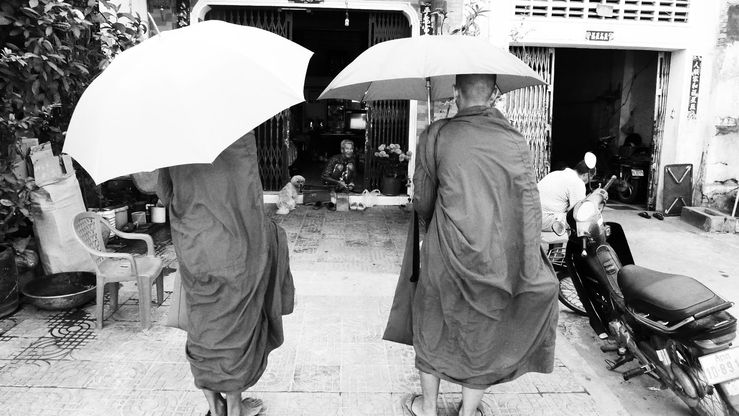Cadiz Barber
An old barbershop thrived near Plaza de San Juan de Dios, the neoclassical town hall from 1800.
It had cracked blue-white tiled walls and a yellow-blue mosaic inlaid floor. A well-dressed retired man sat outside smoking a cigar in a shaft of light.
We exchanged pleasantries. “Buenos Dias.”
An old barber in a stained white smock smiled. “Buenos Dias. What’ll it be Senor?”
I pulled a worn bilingual phrase book from a back pocket and thumbed to page 131. A trim please - showing a phrase gesturing over and down my long white beard painting a little.
Living in the Land of Gestures, Smiles and Body Language I spoke every tongue on Earth using fingers and hands. People attached meaning to gestures, facial expressions and guttural tone. Gestures were an international passport. They expressed truth-value meaning to communicate ideas, beauty and mystery. Gestures were sleight-of-hand performances. They sealed deals using people.
The dialect of hands expressed everything.
As a flying finger expert meeting tolerant people I expressed gratitude with real and imaginary sign words. A familiar forcestero, they trusted me in a vague clear way.
The barber looked at the book. He studied quick hands.
“Yes, fine, I understand what you want. Here,” gesturing to a chair, “sit here.”
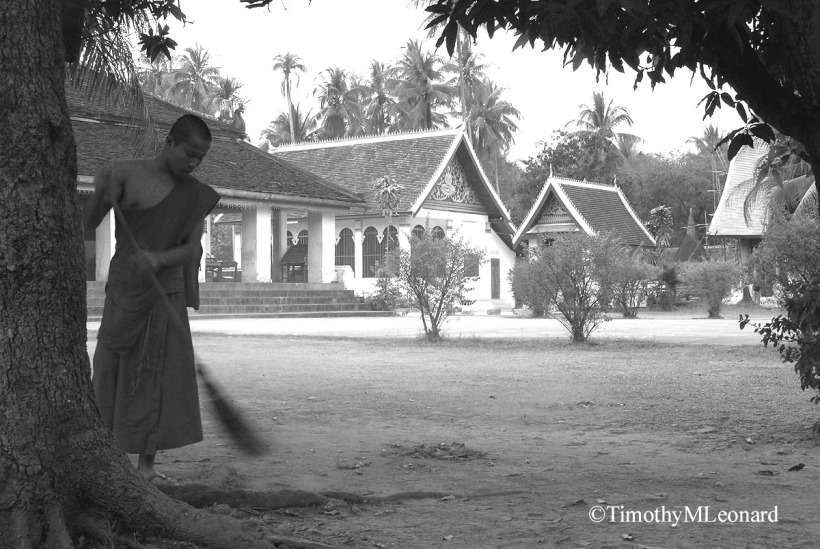
I tabled my Moleskine journal, camera and glasses, faded filthy S.F. Giants baseball hat, received the cloth and closed eyes.
As the barber prepared tools I contemplated how Cadiz citizens loved balmy weather. People moved in and out of small flats like actors and directors on a set. Natives framed long telephoto shots to establish the big picture. They focused a spotlight lens tight on details and emotional truth in a long story.
See through soft eyes.
Their DNA spilled oral discourse wandering Earth looking for sanctuary. For centuries their ancestors intermarried with Berbers. Now 18% were practicing Catholics compared with 98% fifty years ago. Guilt, sin and liberation from repression ate ethics with cognitive dissonance. C’ la vie.
Scissors and comb danced in the barber’s hands. A finger tilted my head left then right.
A walking stick on tiles shattered sound. Acquaintances paid their respects to Omar. Language music floated.
Omar greeted an old friend. “Ola, we meet again,”
“Welcome back, my friend. You have been away a long time.”
“Yes, forever and a day. We were in the Sahara before, on and after 9/11,” said Omar, pointing to the man being trimmed. “Economic terrorism and fear of poverty is a hell of a never ending story.”
“True,” said his friend, “such devastation, suffering and retribution by angry, scared, poor people. Speaking of Sahara, how goes it...I know it like the back of my old veined hand. Trade caravans are moving north this time of year, carpets, silk, and spices are selling well yes?”
“Yes. Trading is good. You are fortunate my friend,” said Omar.
“Yes. I’ve been blessed with good health.”
“And your family? How are they?” said Omar.
“They are well, thanks be to God. Allah be praised. The most beneficent is shining their love on us. Have you heard from 9/11 survivors?”
“Word travels slower than a camel passing through a needle’s eye,” said Omar. “Tribes formed after nine eleven. Many migrated toward mountains and subterranean caves. Others resumed journeys along the Silk Road toward Constantinople and the Mediterranean.”
“How did they survive?”
“They created safe havens and new artistic opportunities. Eco tourists seeking simplicity, sanctuary and serenity from global tragedies and personal heartbreak supported spiritual retreats to practice meditation and compassion with healers, poets and prophets.”
“Love and the art of living reveals clear truths,” said his friend.
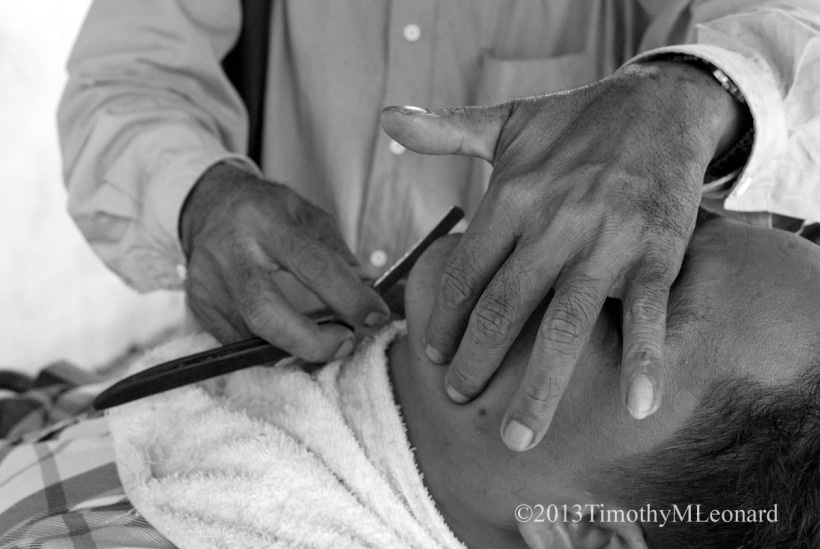
A woman in luminous red fabric floated through their conversation.
“The forcestero and I journey today. We have exploring, gathering and revising to do. He is my amanuensis.”
“Ah, you are fortunate having a well versed scribe. It is a long walk. Such is the life.”
“And your family?” said Omar.
“Allah and God be praised, they are in good health. Fatima Zamora is two-years old now. Learning to walk.”
“Walking is the preferred form of travel to make the road.”
“Have you learned anything useful from the barbarians?” said his friend.
“Very little. They know many words but have forgotten the essential music. In the 12th century Arabic and European languages created new forms based on 1,001 stories. They used imaginative prose, telling stories inside someone else’s story,” said Omar.
“Ah, you mean somebody in a story is telling a story about somebody telling a story about somebody?”
“Absolutely, my friend, like time’s labyrinth with a complete center. Seeing itself from the outside.”
“Fascinating. It appears you know 1,001 Nights?”
“Yes,” said Omar. “We discovered through this literary effort how people reflect art, culture, history, and myth through stories.”
“I’ve heard of this,” said his friend. “How tribes moved from India across Persia into Arabia and beyond. You are a manifestation of Naghali the storyteller meaning the transmitter.”
“Aren’t we all?” said Omar. “Your story is being retold in Arabic with 1,001 permutations.”
“Yes, from Arabic to a Latin form of learning. Scholars say the four languages with the longest tradition are Arabic, Sanskrit, Chinese and English. English is the language of the barbarians.”
“Ah, so it is,” said Omar. “Some are gentle and kind. Others behave like spoiled ill-tempered children. Rather crass and despondent types, prone to violence and whining at high decibels with abysmal ignorance. The Chinese stayed home, the English colonized and enslaved people in distant lands. Sanskrit, the most beautiful of all languages for its precise beauty evolved from India. Our Berber-Arabic tongue has been well received.”
“Magicians, shamans, Griots and storytellers have much to learn and share with you.”
“They are descendants of the Jinn,” said Omar.
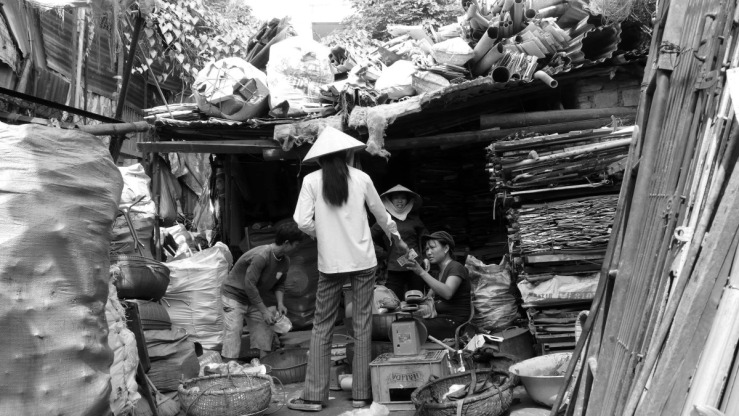
“We celebrate cultures, shamans and spirit guides.”
“I am a Sha’ir, a feared and respected poet musician in my tribe,” said Omar. “Here’s a verse for you.”
Earth reflects sky
Landscape migrates
Listening wind sings spirit of Raoul
The Drummer of Death
Touareg the Blue Men of the desert
“Beautiful.”
“Poetry began as song,” said Omar. “Music and drama were grief songs for the dead.”
“Your unconscious is a deep river. Art reveals an interconnected universe. Interdependence. Sensations trigger electrical impulses, heartbeats and speech. Poem speaks.”
“My bearded friend here is Li Bai, a Shi sheng, an exiled Chinese poet sage,” said Omar. “He creates San wen, an intersection between prose and poems.”
“I am pleased for you. I wish you, your family and your companion all peace and prosperity.”
“Safe travels. Ensha’llah.” Their hands touched their hearts.
The barber handed me a Neolithic black obsidian mirror from Anatolia created in 6200 BC. My face was invisible.
“Objects in the mirror may appear closer than they are,” said Omar.
I felt lighter. “It’s fine, a good length. Gracias.”
He trimmed eyebrows, brushed off dead cells, removed the sheet, smiled and accepted Euros.
“Gracias. Adios,” I said to the barber.
“Gracias, adios Senor,” said Seville.
ART - A memoir - Adventure, Risk, Transformation







 Share Article
Share Article 




